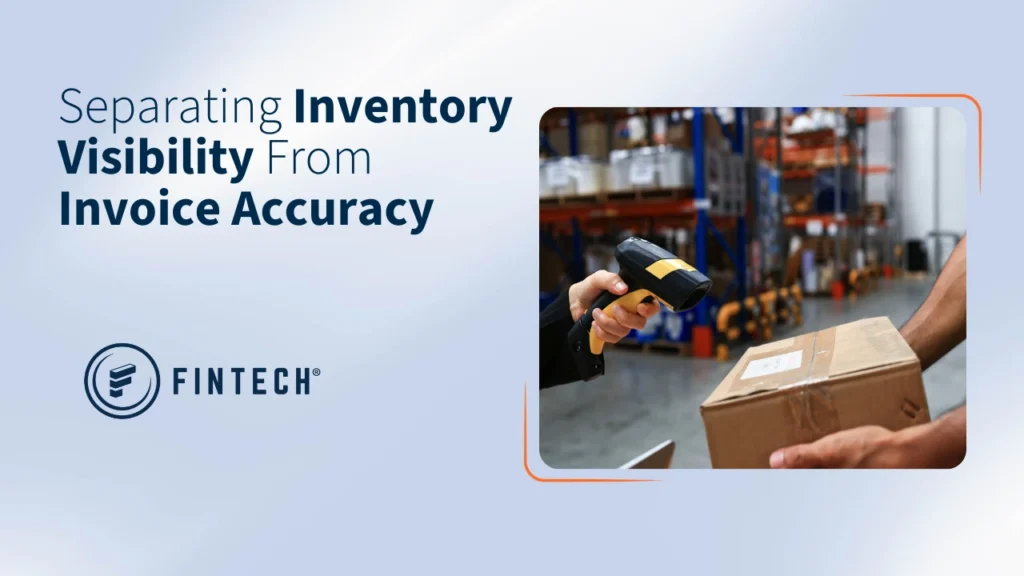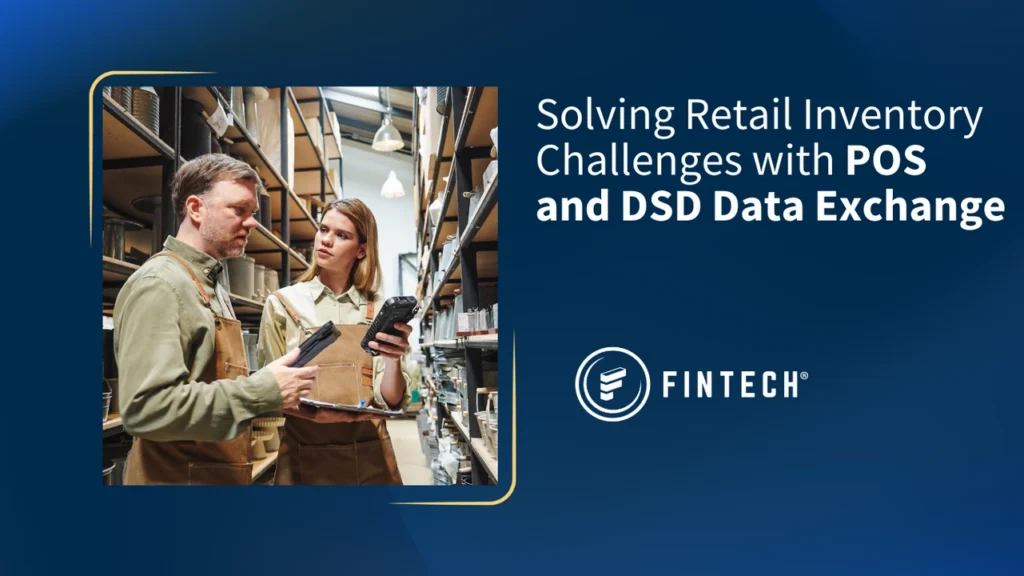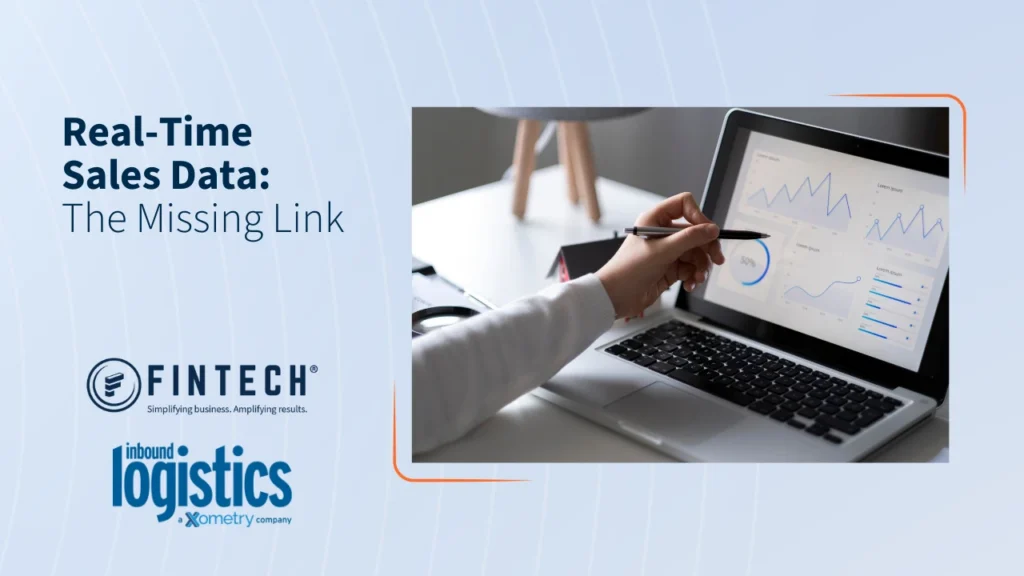Do you have issues translating product data across all your distributors? “Dirty” data negatively affects pricebook management, reconciliation, and product ordering, stifling operational optimization. Data mapping “cleans” your data by removing any incorrect, duplicate, or poorly formatted data from a given data set.
By mapping your alcohol inventory data through Fintech Data Solutions, you increase organizational efficiency through sound data architecture and can pinpoint gaps in pricebook information and margin-shrinking frontline pricing.
What is Data Mapping?
The short answer is data mapping is a tool that helps different data sets talk to each other. In the alcohol business, data mapping helps consolidate product data across distributor languages to save time wasted on manually comparing frontline pricing to actual product spend and will help you keep product inventory updated with current out-of-stocks, substitutions, and quantity discount opportunities.
A beverage alcohol product typically has the following information associated with it on an invoice:
- UPC
- Description
- Pack size or unit of measurement
Fintech Data Solutions cleans your alcohol invoice data with each distributor and translates it into a singularized data set that is easy to read and analyze on a granular level. With clean data mapping, you can eliminate the noise that negatively affects bev alc product inventory alignment with your total spend.
Problems Data Mapping Can Solve for Pricebooks, Reconciliation, and Product Ordering Management
Fixing the 3-Tier System’s Fragmentation

The lack of data standardization across distributors leads to fragmentation. Retailers are not equipped to manage multiple distributors for a single item. Instead, they lean on their distributors to provide new item registrations and ongoing master data catalog management.
With distributors having different SKUs, descriptions, and units of measurement for the same product, retailers must try and mitigate the mess to successfully navigate product reconciliation and ordering. Fintech Data Solutions addresses this by consolidating your distributor data to create a simple, clean, and easy-to-understand system for product tracking.
Addressing Negative Effects on Frontline Pricing and Gaps in Pricebook Information
Fintech Data Solutions can map your product catalog to your line-item invoice data to track any variances in your expected purchase pricing. You will be alerted when a discrepancy is identified. This call-to-action allows you ample time to course-correct before it has a negative effect on your profitability. You can adjust your frontline pricing timely or change your buying habits to cash in on a quantity buy.
There are two ways to address a price discrepancy issue:
- You can either change the quantity you are buying to protect your frontline pricing.
OR
- You raise your frontline pricing to protect the margin you are trying to drive.
Whichever you choose, Fintech Data Solutions has the data insights to help you make the right move.
Stop Wasting Time Comparing Expected Pricing vs. the Actual Price Charged
Which sounds better? Catching a price variance and adjusting your product ordering in week 1 or having to wait up to 90 days to confirm any discrepancies from the distributor’s reporting.
Fintech Data Solutions arms you with intelligence to optimize your buy early on so that you can protect your margins. You can avoid the time-wasting mental gymnastics of trying to manually identify and act on pricing variances by mapping your alcohol product catalog with Fintech.
Staying on Top of How Costs Are Affected By Out-of-Stocks, Product Substitutions, or Missed Opportunities for Quantity Discounts
With supply chain issues, many retailers are forced to find alternative products when there are out-of-stocks. Having a finger on the pulse of product performance is critical in avoiding product substitutions that don’t move or are not cost-aligned with their alcohol business.
For example, if you have a premium beer that can’t get delivered, you need to find a viable replacement fast. Fintech Data Solutions can stack rank your premium beers to find insights around viable product substitutions. It acts as a safety net and can help maintain your margins during a product deficit or some other supply chain-related issue.
Retailers can provide Fintech with an approved product list (APL) to stay on top of product assortment. When an item is purchased that is not in your APL, a push notification allows you to quickly pivot if the purchase does not support your intended customer experience or if the purchase will cause margin erosion.
Alcohol businesses can also use this information to identify potential missed opportunities. For example, a push notification on a flagged purchase may provide insights into pricing variances or a product that should be added to your APL. Retailers know that staying on top of which products are selling is essential to a successful business. These data insights provide that intelligence.
Use Our Data as a Tool with the On to Off-Prem Journey
The typical beverage journey in the creation of a new product starts at on-premises establishments. Suppliers measure on-prem success before moving into packaging and finding shelf space in off-premises stores.
Fintech Data Solutions helps alcohol retailers mirror this supplier method by assessing product performance per area. They can then use this data to make on-the-fly decisions surrounding product assortment.
Why not arm yourself with actionable data intelligence to be confident in your product decisions and pricing reconciliation?
Learn more about how Fintech’s data solutions can help your business and sign up for a product demo here.






